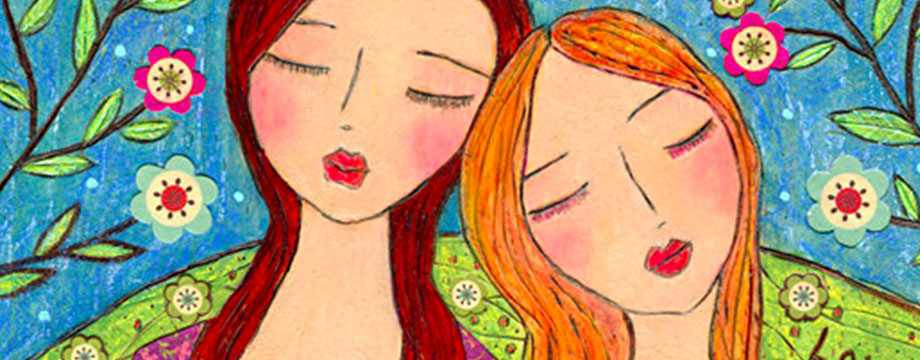Empowering girls and women in these confusing times
Issues of sexual misconduct are in the limelight. With each new celebrity revelation, far too many everyday women and girls are reminded of own own, painful and often buried story. The sad truth is that most women have a story to tell. And like the recent accusers, many feared the repercussions–personal, social, professional–of sharing.
But this moment is also a profound opportunity. The brave women who are stepping forward have opened a conversation, one that propels and empowers countless others to disclose and to consider how they might intervene in ways they never thought they could or should. Under the right conditions, both formal and natural mentors can provide a safe context for sharing these stories. Teenage girls may appear fierce and confident, excited about coming into their own and exploring new identities. But beneath a sometimes badass persona can be confusion, pain, and shame. In certain instances, mentors may be ideally situated to listen and help. Feminist scholar Carol Gilligan has described how often girls “seek out and listen attentively to advice from women” (1990), and mentors may play a critical role in bridging adolescent girls’ dual needs for both independence and guidance. With women other than their parents—formal mentors, aunts, grandmothers, teachers– they can gain some autonomy while obtaining needed emotional support and advice. Nancy Chodorow, has also noted how, from childhood, girls are more likely than boys to participate in an intergenerational world of women, including their mothers, grandmothers, aunts, and other female kin. Older women “become mediators between mother and daughter, by providing a daughter with alternative models for personal identification and objects of attachment” (1992, 6).
In other words, mentors should be prepared to hear the stories that may be percolating beneath the surface in many girls and young women– and to think in advance about the role they want to play. A New Yorker podcast recently delved into this issue. In it, director Katie Capiello discussed her “girl power “play, Slut, and the ways in which girls’ disclosures and honesty can lead to healthier dynamics, and to conversations about what it is like to be a teenage girl in today’s world. It is not easy, nor is it easy to be a teenage boy. Indeed, she has been moved by “just how really loving they are, and really confused,” in this intense culture of masculinity. Niobe Way has written extensively and eloquently about this.
So, as this public conversation continues, mentors should be prepared for how they might respond in ways that are both healing and empowering. To this end, sharing concerns and thoughts with program support staff and friends, and consulting the The Spark Movement website, which has many smart and helpful resources, may be particularly helpful.
Finally, this talk provides helpful guidance on how to be a good listener to such stories.











